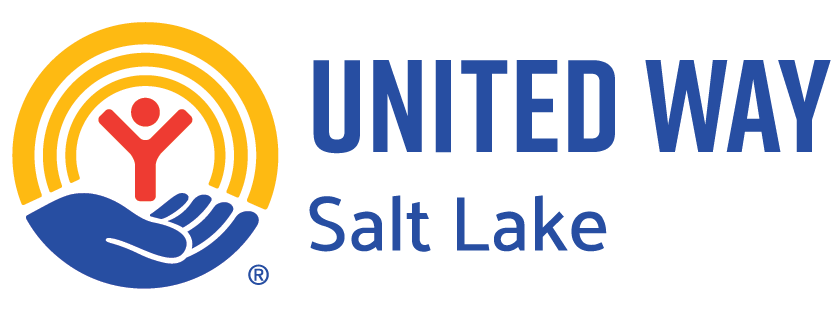 by Alison Cundiff
by Alison Cundiff
Corporate Volunteer Engagement Coordinator
Like any other business function, corporate community engagement is expected to add value to the business. Robust efforts in this arena should have a blended value proposition — increasing returns on investment for both the company and the community. The challenge comes when trying to establish effective measurements for community impact and return on investment.
In an article posted on LinkedIn by Reana Rossouw of Next Generation Consultants, there are 5 things companies can do to measure return and impact of their corporate community engagement:
- Start with a policy: the policy statement needs to clearly define how community engagement will contribute to business goals and objectives. This should be done with both the business and community in mind so that sustained community impact is achieved.
- Use data to align business and community goals: collect data on both business and community goals and seek to align those goals. Once goals are set, it is easier to see how those goals are being met by asking specific questions. (Ex: If your goal is to support employee recruitment, retention, and productivity, ask: Does our reputation as a good corporate citizen help attract and retain employees?)
- Measure: Next, measure the data you have collected according to specific indicators. (Ex: If your goal is to support employee recruitment, retention, and productivity, measure: employee attitudes and satisfaction with the company.
- Assess the return on investment: a few different approaches can be used separately or together. These include performance assessments, stakeholder perception surveys, case analysis and project evaluation, and ROI assessment.
- Calculate Soft Returns: calculating ROI can help determine the bottom line and financial impact of community engagement, but what about the soft, intangible benefits? One measure is usually not enough to get a clear picture. Measures can include enhanced reputation, effectively addressing community needs, addressing company values, addressing employee needs, and new opportunities for innovation.
(Please view the article for a more detailed analysis of calculating ROI).
It all comes down to this: create a policy, set goals, measure outcomes, and calculate your ROI based on those measurements. This will lead to long-lasting, impact generating community engagement, that will benefit both your company and the community.
United Way of Salt Lake’s focus on data driven decision making can help companies make smart choices on how they invest their resources in our community.
For more information on how your company can be engaged in the community, please contact Amy Bosworth at amyb@uw.org or Alison Cundiff at alison@uw.org.




